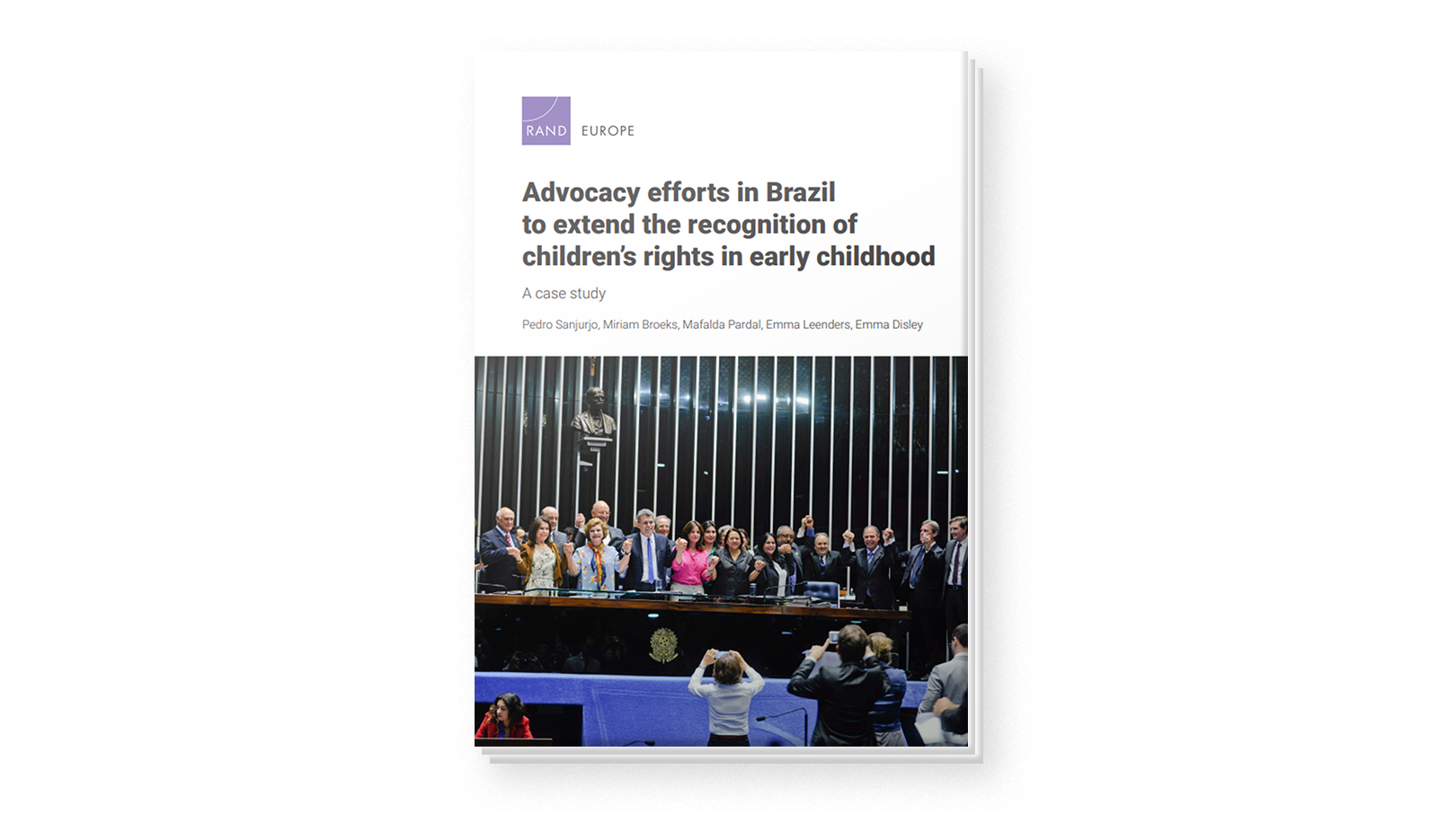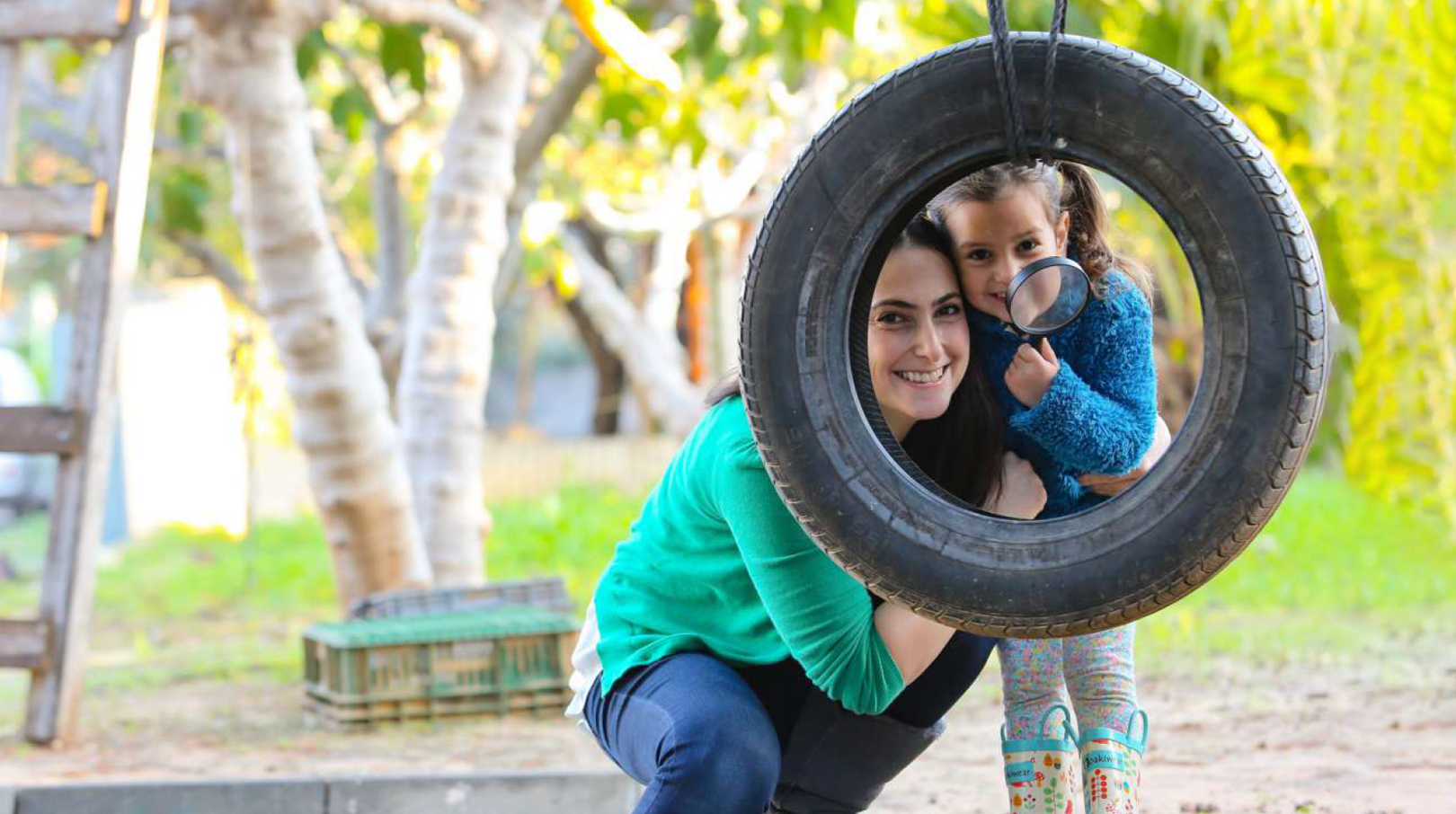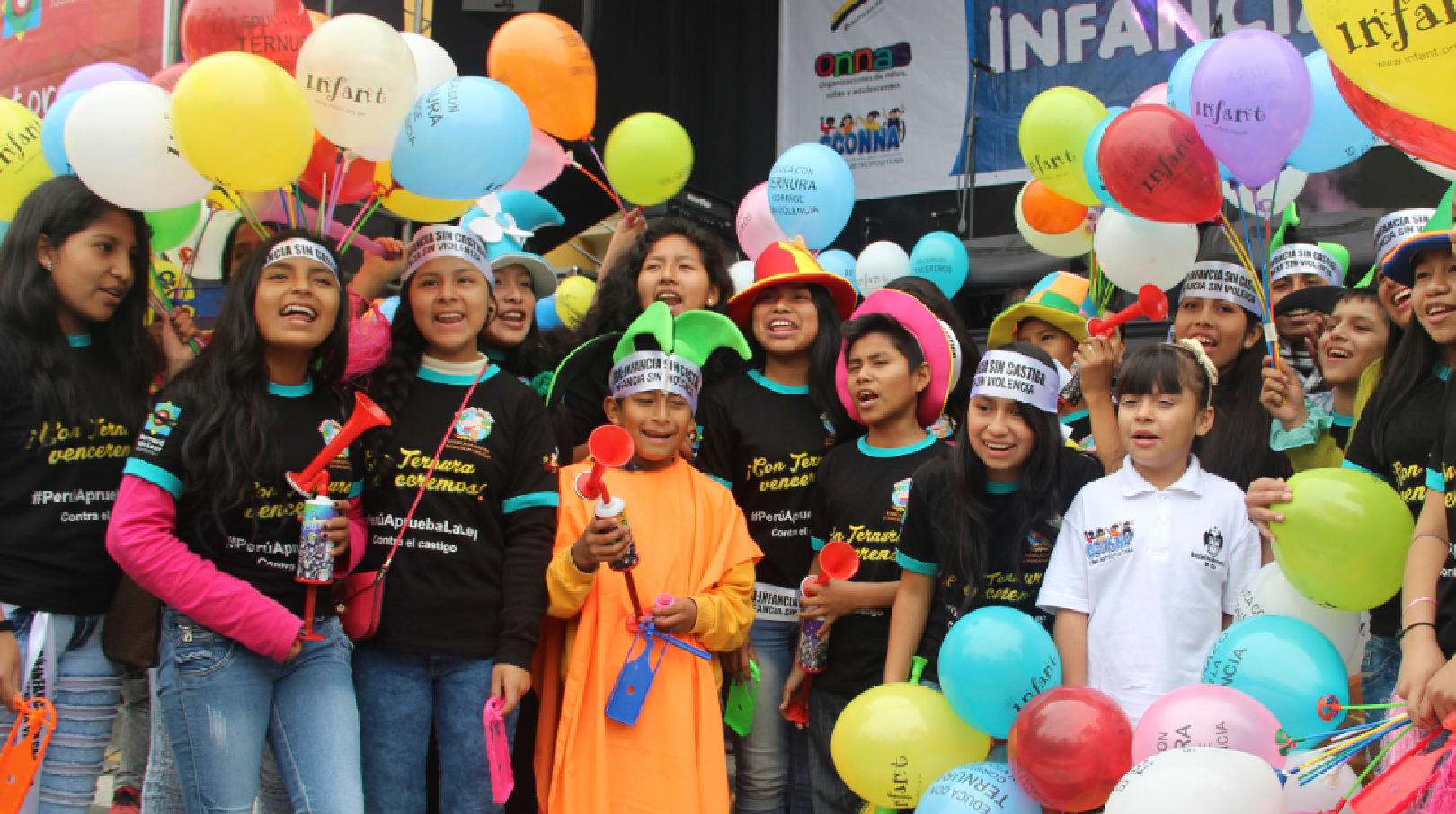In 2016, Brazil introduced a wide-ranging new legal framework for early childhood development, addressing issues from parental leave to qualifications for early years professionals.
The legal framework was an innovative legislation in the Brazilian context that consolidated progress: it highlights the fact that ECD is a cross-sector issue that requires coordinated action across different areas such as education, health, culture, human rights, social assistance and employment, and across different levels of government (national, state and local).
This case study analyses how years of advocacy by civil society – with a focus on our partner, RNPI (National Network of Early Childhood) – contributed to this major legislative change. It also looks at subsequent work to ensure the framework is implemented.
We commissioned this case study with RAND Europe as part of a series that explores successful advocacy initiatives for the early years.

This collection of five case studies from RAND Europe sheds light on the power of advocacy for early childhood.





